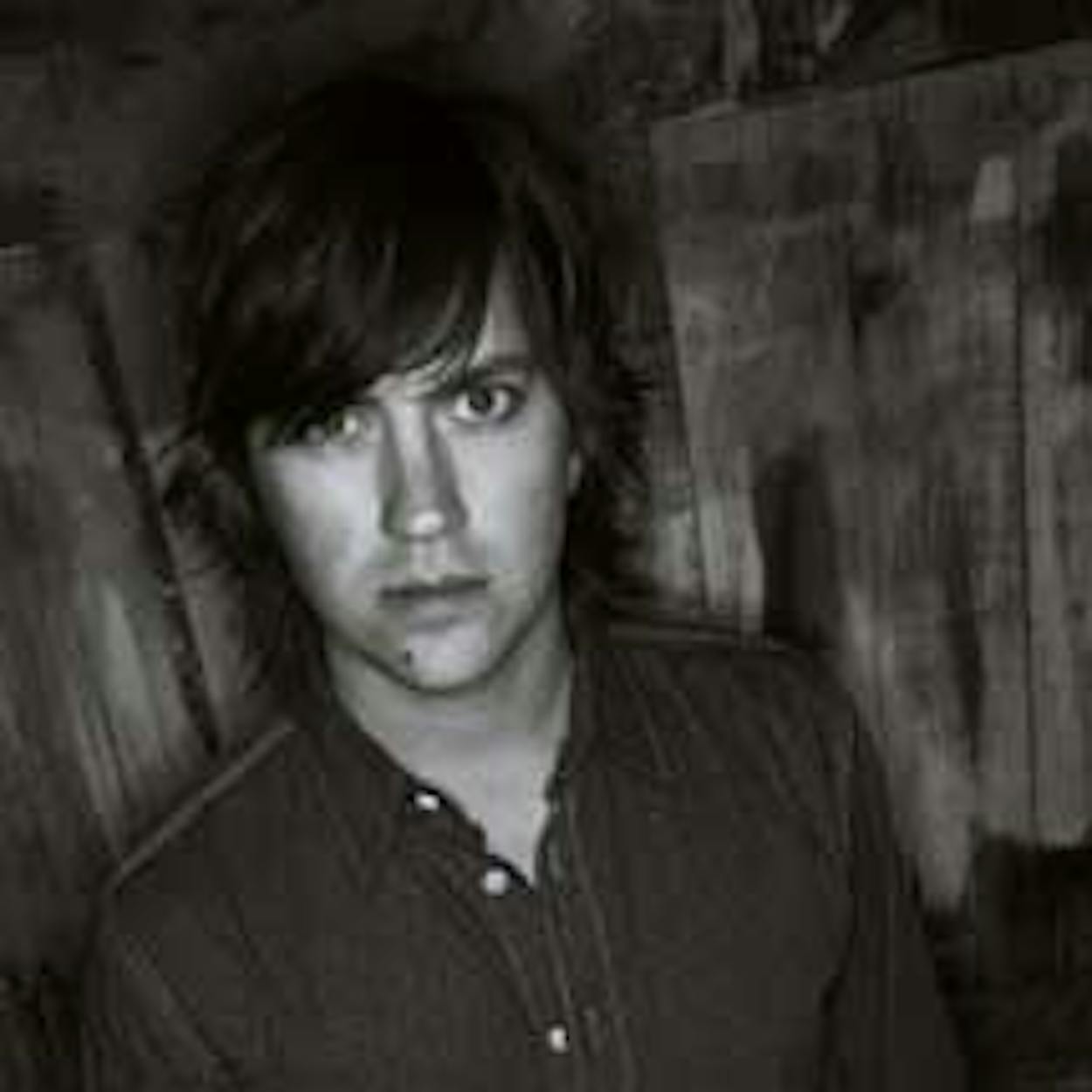The Austin-born, Dallas-raised lead singer for the Old 97’s has led a fruitful double life as a solo artist with the albums Mythologies (1989), The Instigator (2002), and The Believer (2006). He has just released his fourth album, Rhett Miller (Shout! Factory).
You actually began as a solo artist, making your first album in high school. Your future Old 97’s collaborator Murry Hammond produced it. How did you get from there to the Old 97’s? The 97’s formed in ’93. It was a different iteration of Murry and me. We had a few other bands and got frustrated about battling this testosterone-driven rock world. We said, “Let’s form a band that doesn’t run the risk of getting successful. A coffeehouse, countryish, folk music band.” Of course, ironically, that’s the band that became successful.
Have the Old 97’s been together continuously since then? Not so long ago, there were rumors of a breakup. There was a time around The Instigator when people were talking as if we were, but we were very clear about it. We had been on the road for five years nonstop, so when I did my solo record, everybody got a break, and eighteen months later we were back in the studio.
You’ve said that one reason you make your solo records is that these tunes are rejected by the band. A lot of bands don’t operate so democratically. Wouldn’t it be simpler as the primary songwriter to call the shots? Oh, man, it’s a fine line. How do you keep a band together for that long? To do it, everybody has to feel appreciated. We made decisions early on that would recognize the contributions of, say, Philip [Peeples], the drummer. Philip’s a smart guy who gave up a great job when we started the band. Should he get screwed out of all his publishing money? No. We share the publishing.
It’s the reason we’ve lasted this long.
How are you doing these days? Listening to the new CD, there’s some dark material. I’ve always had a dark side. Usually there’s a catchy, fun thing that glosses over the subtext. But this time I let it be at the forefront. I’m good. It’s life, right? Nobody’s got it that easy.
Do you do a lot of third-person writing? I do. I find it liberating. Nobody wants to hear me write songs about them by name. I don’t want to write songs specifically about my life.
A lot of well-known songwriters write in the third person, but few of their fans interpret it that way. Yeah, and it’s funny too, because as much as I expect people to appreciate the remove between the writer and what he’s written, I listen to songs by friends, and I’ll be like, “Oh, my God, I’ve got to call so-and-so. It sounds like he’s going through a tough time.” People need songs about tough times, because if anything is universal, it’s that. The human condition is not happiness. It’s angst. I don’t want to have to live it for real every day in order to write about it. It’s hard enough to escape it without choosing to wallow in it.
Do you feel more pressure when you make your own records? Do you enjoy the control? Yes and yes. After we go through the process of making an Old 97’s record and touring it, I’m ready to go into the studio and be the boss. I revel in the pressure. Once I go through making a solo record and the lonely process of touring it, I really miss the guys. I miss sitting back and letting the beast do its business.
You’ve come up with a great compromise: You’re going to open Old 97’s shows with your solo act. I’m so grateful that the 97’s are in this place. When I made The Instigator, there were a lot of growing pains. There were times when I wondered if the 97’s were going to make it. But now not only do they let me play a few songs by myself on regular shows, they are going to let me do opening sets. It’s nice to show the fans that not only do we have as strong a bond as ever but that the band supports me in the extracurricular as well.







